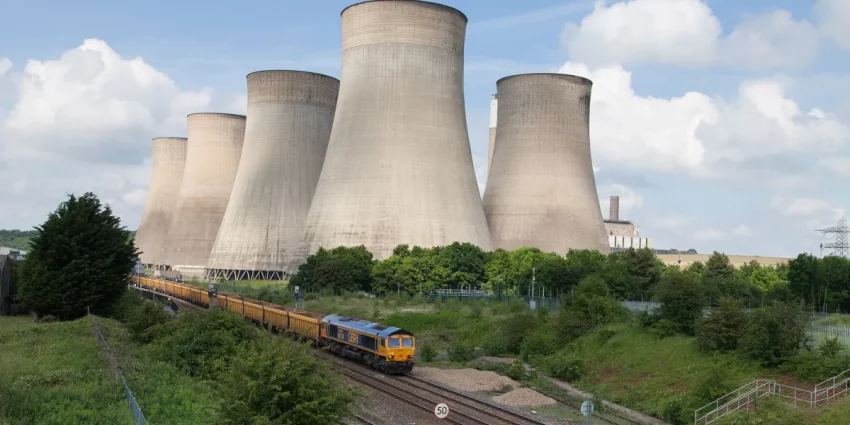A story of two coal declines UK is completed with coal
The energy plant, scheduled to close down at midnight on September 30, is named Ratcliffe-on-Soar, and it is the final bastion of coal within the UK, the place the gasoline has a wealthy historical past. The country has been dependent on coal for more than a century and, at least until the early 1990, it provided the majority of the electrical energy generated in the country.UK is completed with coal
Since, the UK has experienced two significant coal bashing episodes. The first arrived in the Nineties, with coal dropping from around 65% of the power generation mix to around 35%, accompanied by a saga of mine closures each across the country. Coal was dominated (and in most lands that produced it, replaced) by pure gasoline, which was becoming increasingly available and which, in countries that produced both, overtook coal in economics, reports Joel Jaeger, senior research associate at World Resources Institute.
The European Union (which the UK belonged to on the time) had set a value on carbon, and the UK applied an excellent larger one in 2013. That made coal even much less economical an possibility, Jaeger says. In the 2010s, renewables (largely wind and bioenergy) have been shortly ramped as much as change a lot of the remaining coal infrastructure.
Of the international locations which have phased out coal the quickest, the UK has made probably the most spectacular transformation, Jaeger says, for the reason that nation has completely wiped it from the grid. Others with speedy transformations embrace Portugal, which reached zero coal in late 2021, and Greece, the place coal went from supplying over half the electrical energy in 2014 to lower than 10% as of 2023. Denmark has additionally shortly ramped down the gasoline and, not like different international locations with fast transitions, changed it nearly completely with renewables slightly than pure gasoline.
A pure transition
According to Jaeger, the United States is the most critical country among those who have moved out of coal very quickly. It’s been extra of a gentle change than what occurred within the UK—coal has dropped from contributing over 50% of electrical energy to twenty% over the past 4 many years.
A lot of this change was a reaction to the increasing supply of pure gas in the US—fracking growth beginning in the mid-2000s made it even more domestically available and inexpensive, Jaeger says. In more moderen years, air pollution requirements for coal crops have slowly tightened and the fleet has aged, he provides, making the crops dearer to run and inflicting extra of them to be retired.
More recently, however, renewable energy sources such as wind and photovoltaics have been added to the grid in the US, driven in part by tax credits to make them more affordable, and in turn some of the older coal plants have started to shut down. The US is clearly among the G7 countries that have come to the commitment to achieve a zero unabated coal energy by 2035.
Germany has also reduced by roughly half its coal consumption over the last decade, and substituted gasoline very largely for renewables rather than gasoline alone. At the same time the country has closed down nuclear energy crops, and pulled down the national last one in April 2023. There is, however, a critic who maintains that this has retarded the shift away from coal.
